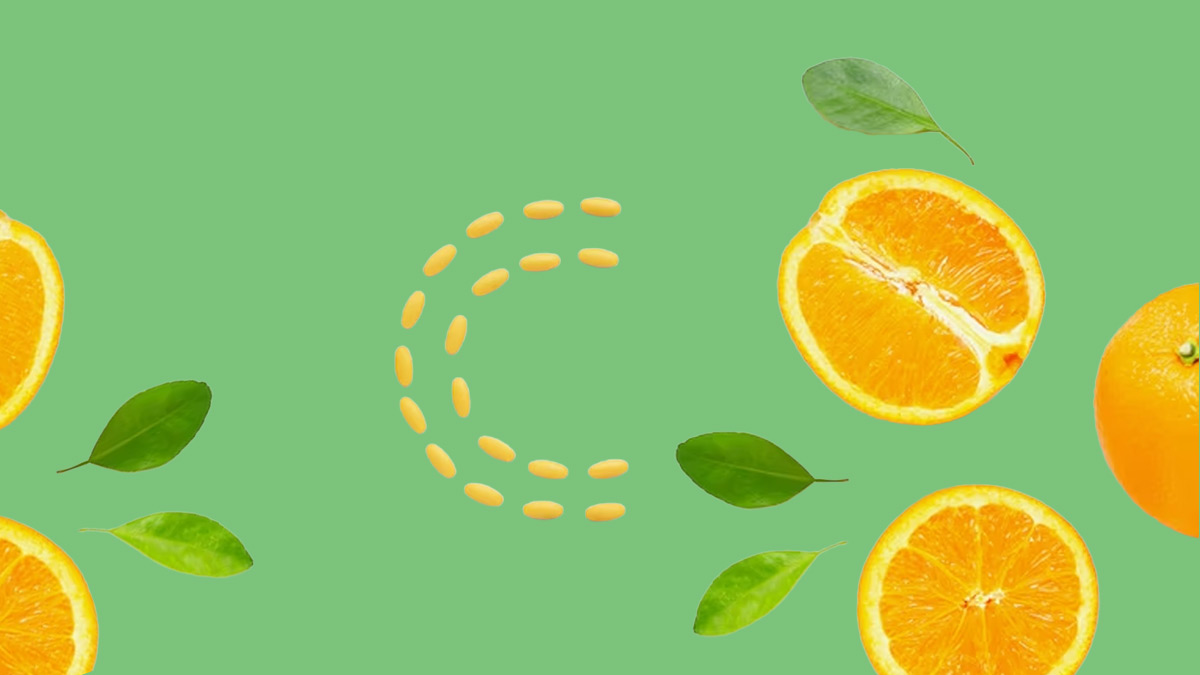
Vitamin C, also known as ascorbic acid, plays a significant role in maintaining overall health. It is a key player in collagen synthesis, a protein crucial for the skin, cartilage, bones, and blood vessels. It also acts as an antioxidant and helps combat the damaging effects of free radicals. In addition, the nutrient supports the immune system by promoting the production and function of White Blood Cells (WBCs), enhancing the body's ability to fight off infections. Therefore, maintaining an adequate intake of vitamin C through a balanced diet rich in fruits and vegetables is crucial for overall well-being. But how much vitamin C is too much? Speaking with the OnlyMyHealth team, Dr Edwina Raj, Head of Services, Clinic Nutrition & Dietetics, Aster CMI Hospital, Bengaluru, shares helpful insights.
Table of Content:-
Vitamin C Overdose

Vitamin C overdose, also known as vitamin C toxicity, typically occurs when a person consumes excessively high doses of vitamin C supplements.
Dr Raj says, "Vitamin C is a water soluble vitamin which is safe for a healthy individual since the excess amount gets flushed out through urine. However, repeated abuse through mega doses of vitamin C supplements leads to adverse effects."
This means an amount greater than 3000 mg daily.
According to the Office of Dietary Supplements (ODS), the upper limit for vitamin C intake in people aged 19 years and above is 2,000 mg in males and females. This remains the same for pregnant or breastfeeding women.
Side Effects To Note

The symptoms of vitamin C overdose can include gastrointestinal issues such as:
- Diarrhoea
- Nausea
- Stomach cramps
In extreme cases, very high doses of vitamin C over an extended period can lead to more severe complications, including kidney stones and vitamin imbalances.
Vitamin C And Iron Absorption
Vitamin C plays a crucial role in enhancing iron absorption in the body. Iron comes in two forms namely heme iron from animal sources and non-heme iron from plant-based foods.
Non-heme iron is not as easily absorbed by the body as heme iron. Vitamin C aids in the absorption of non-heme iron by converting it into a more soluble and readily absorbable form. This conversion occurs in the digestive tract, where vitamin C reduces non-heme iron from ferric (Fe3+) to ferrous (Fe2+) form, which the body can absorb efficiently.
However, Dr Raj says, "It [vitamin C] no doubt increases the absorption of iron but this may not be necessary in most individuals which may lead to high levels of iron, adversely impacting organs and making one more prone to bladder or kidney stones.
Also Read: What Happens If You Suddenly Become A Pure Vegetarian: Is It Safe?
What Is The Daily Recommended Intake?

“Vitamin C intake through natural sources like fruits and vegetables is safe; toxicity rarely occurs as Vitamin C is a water soluble vitamin.
According to the Mayo Clinic, the recommended daily amount for vitamin C is 75 milligrams (mg) a day for women and 90 mg a day for men. For pregnant women, the daily intake could go up to 120 mg a day. The upper limit for all adults being 2,000 mg a day.
Bottomline
While vitamin C is a necessary nutrient for the body, excess consumption can lead to health complications. Limit your intake to the recommended amounts and do not resort to supplements until advised by your doctor.
Also watch this video
How we keep this article up to date:
We work with experts and keep a close eye on the latest in health and wellness. Whenever there is a new research or helpful information, we update our articles with accurate and useful advice.
Current Version